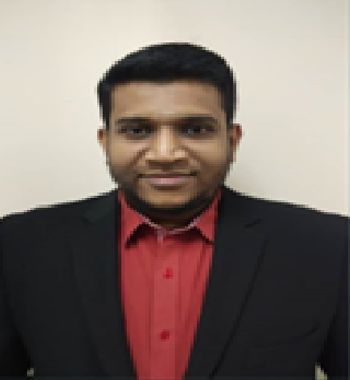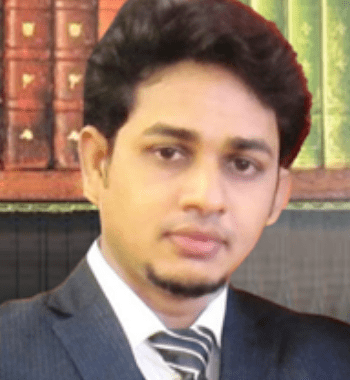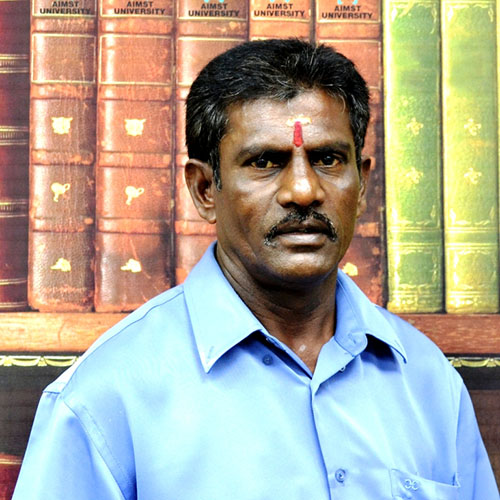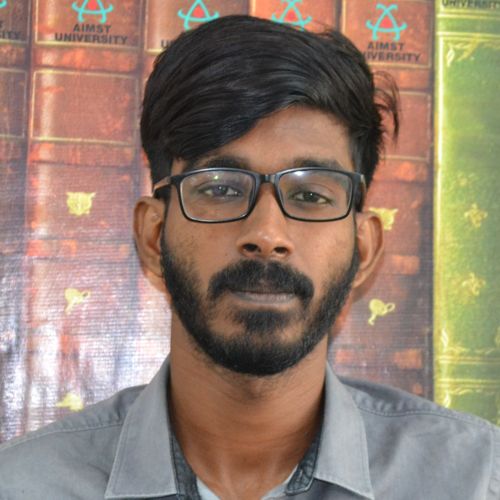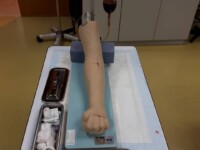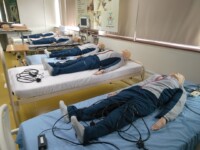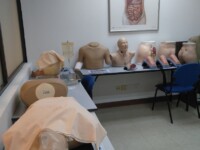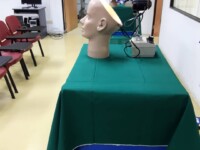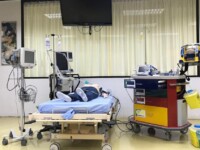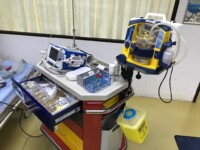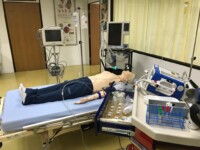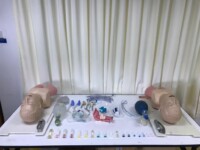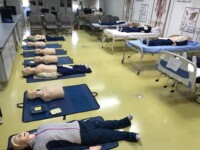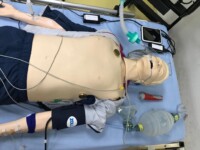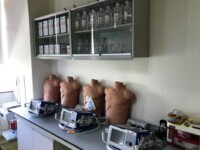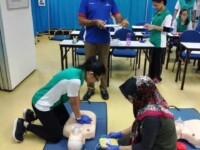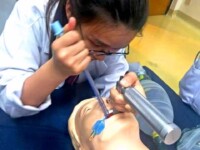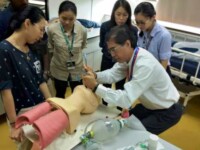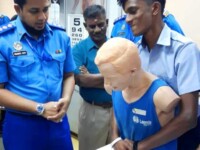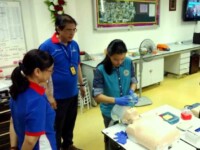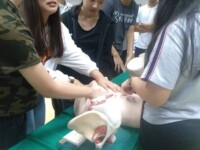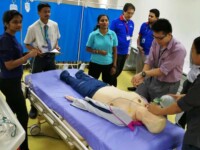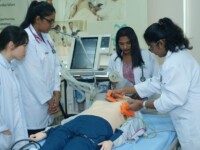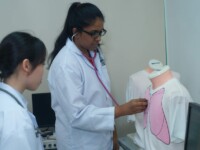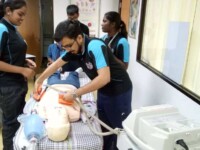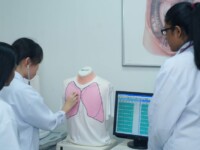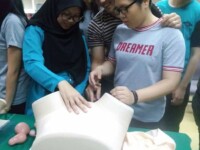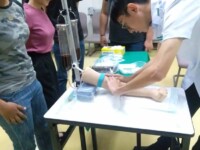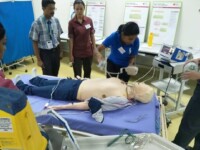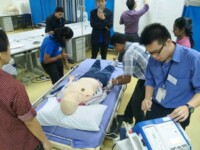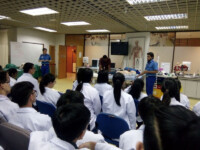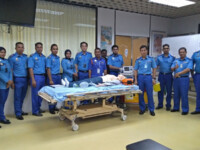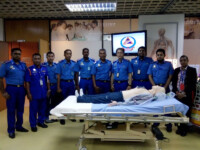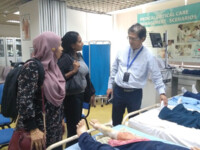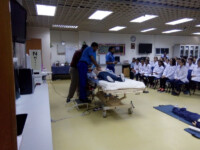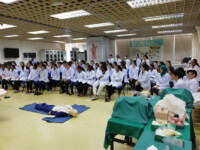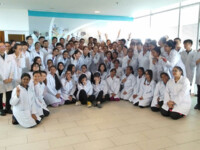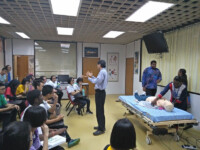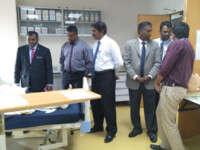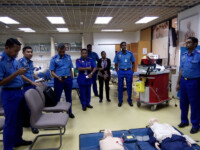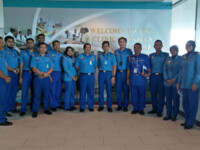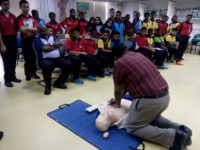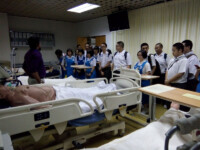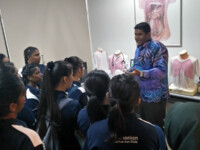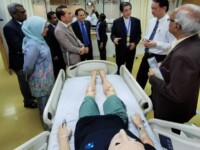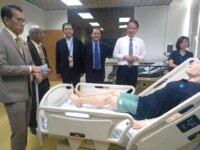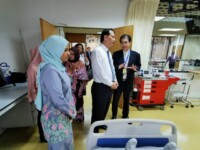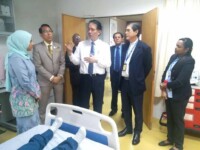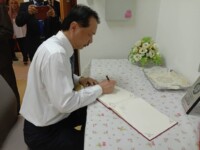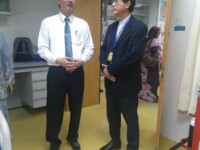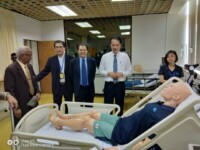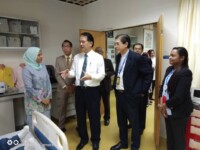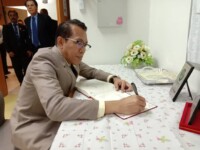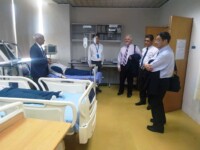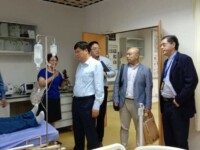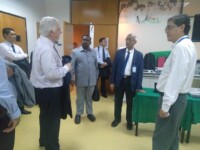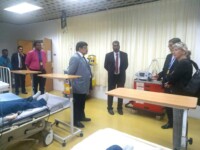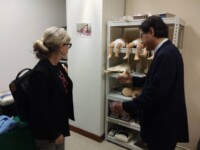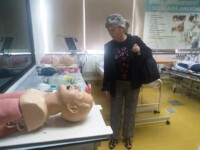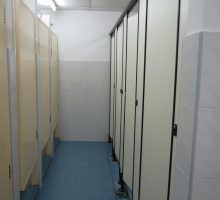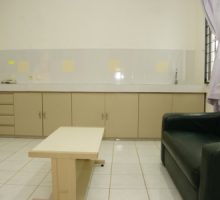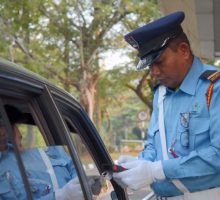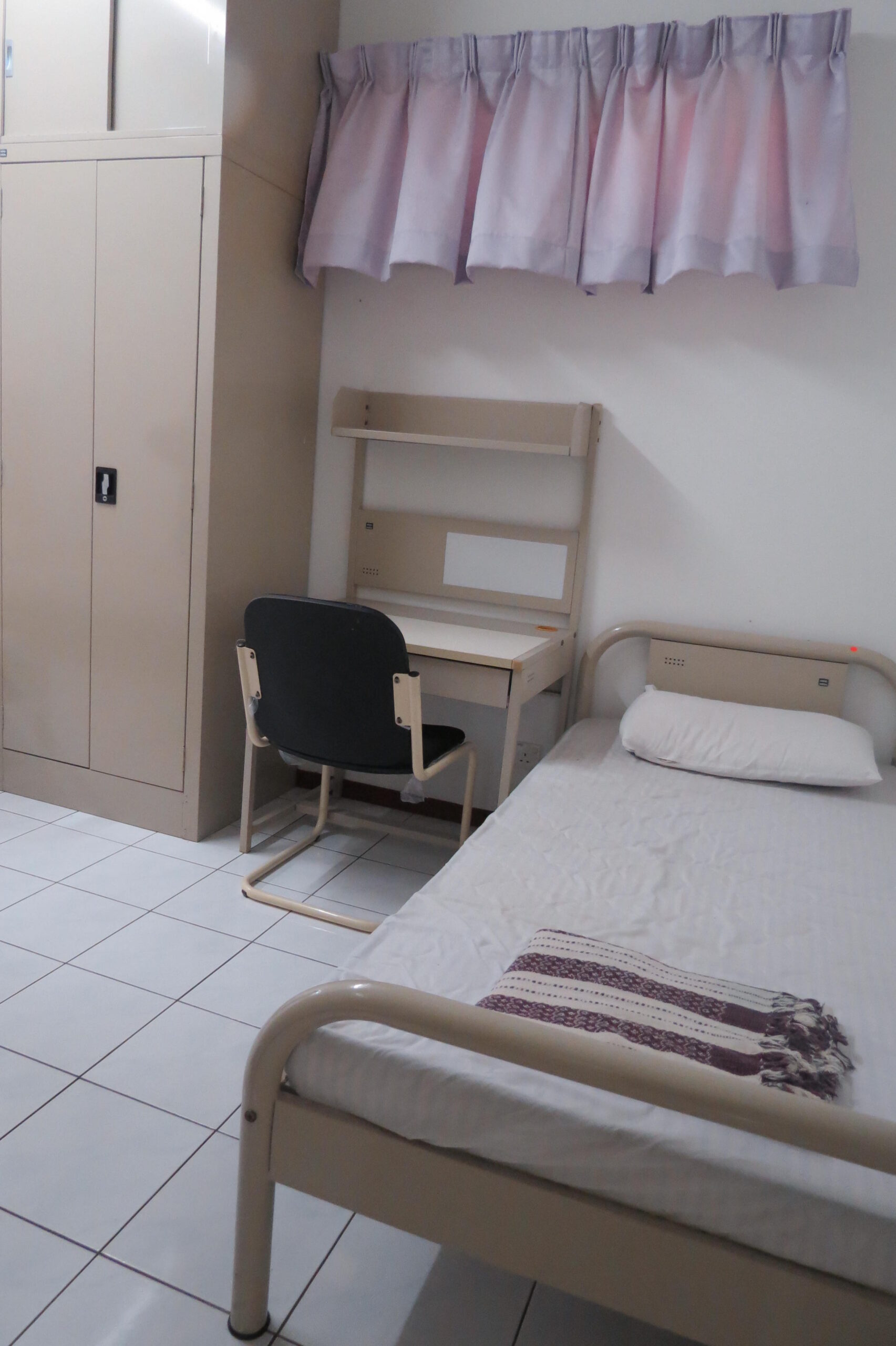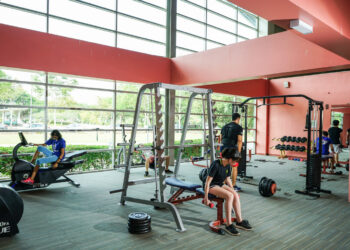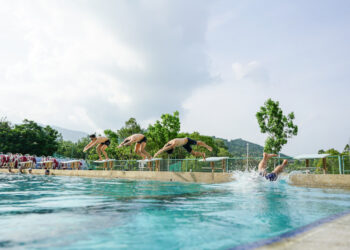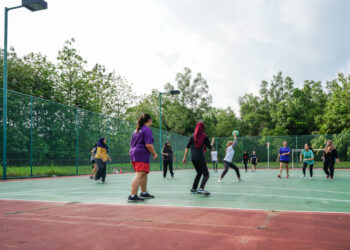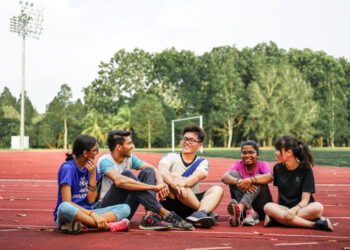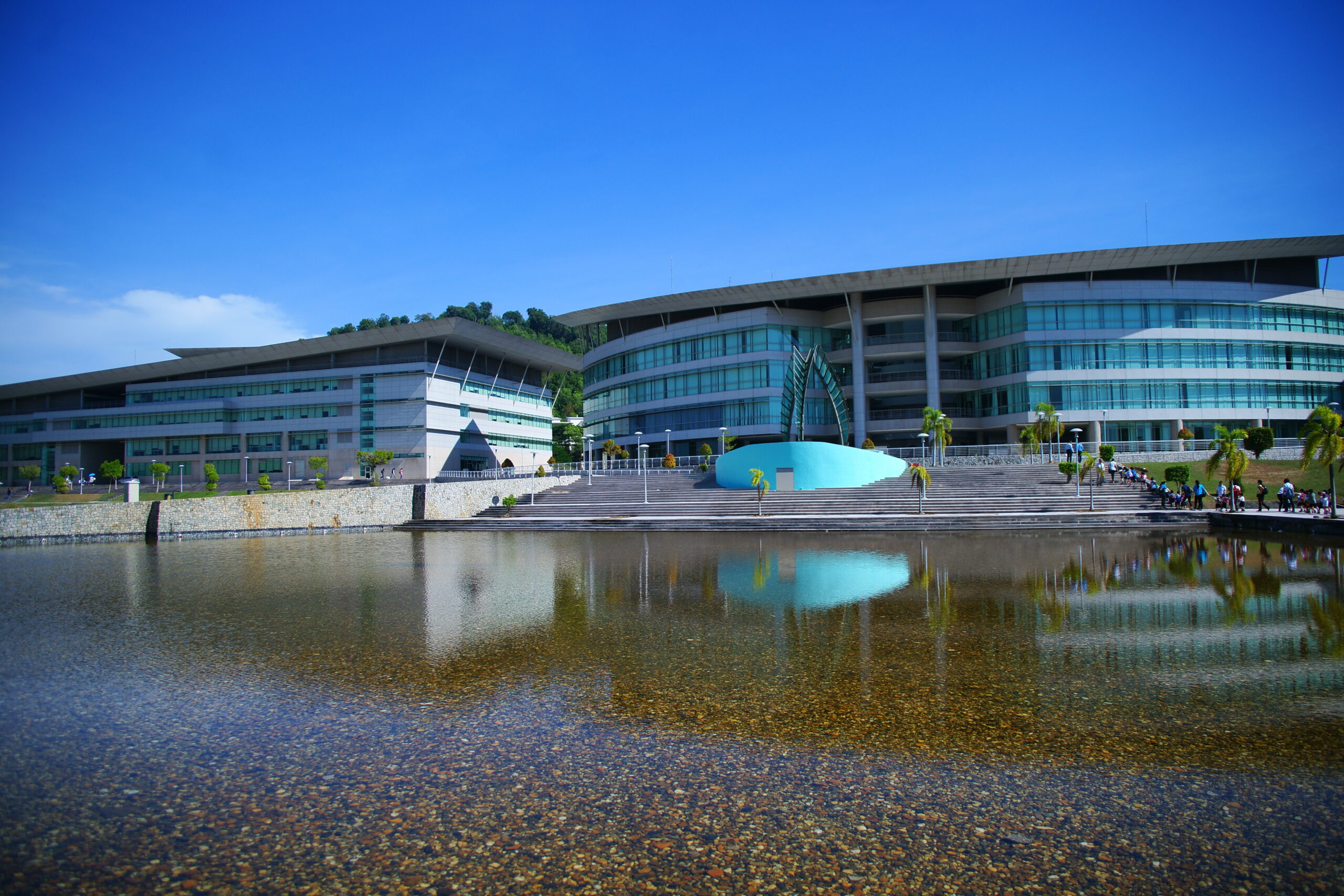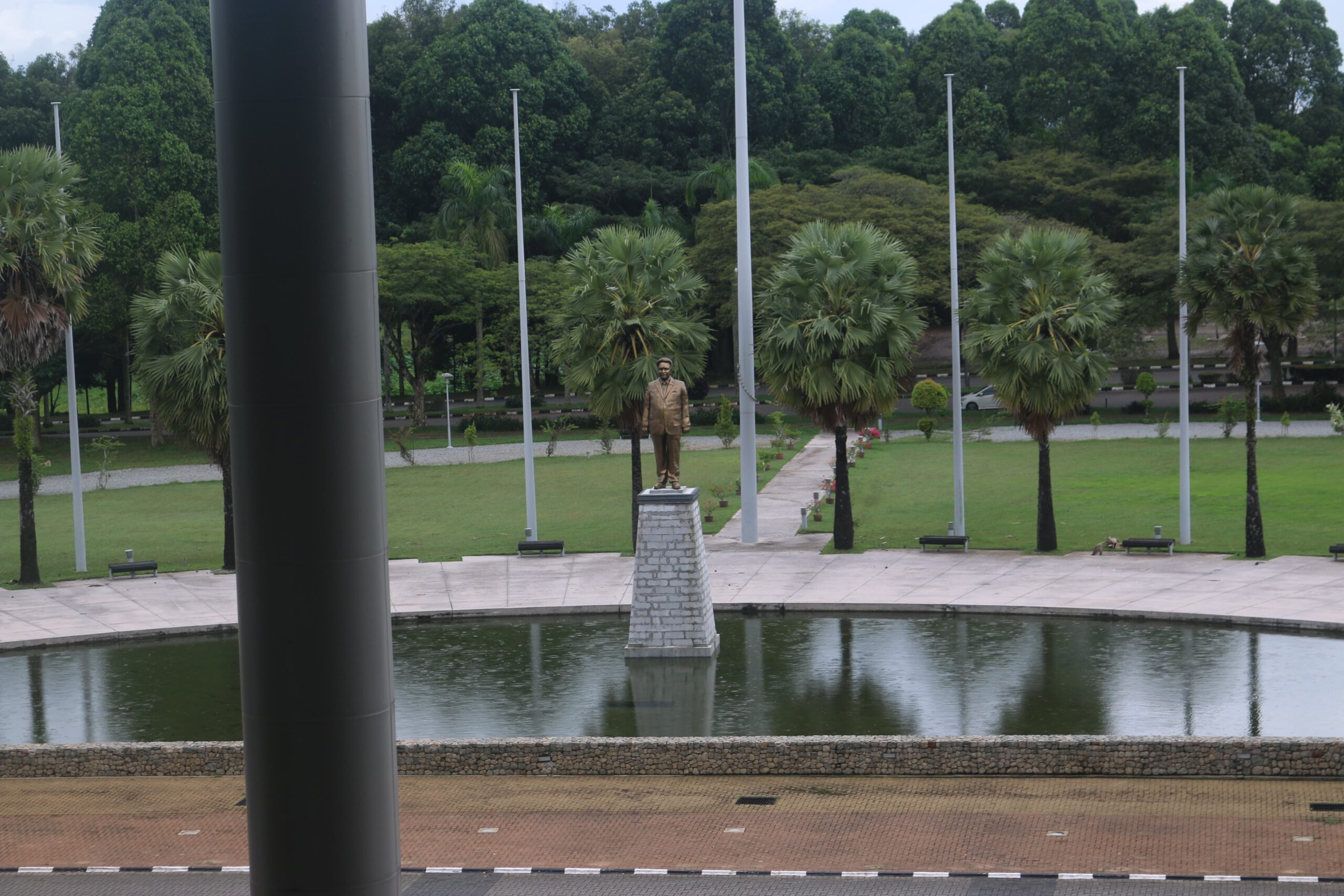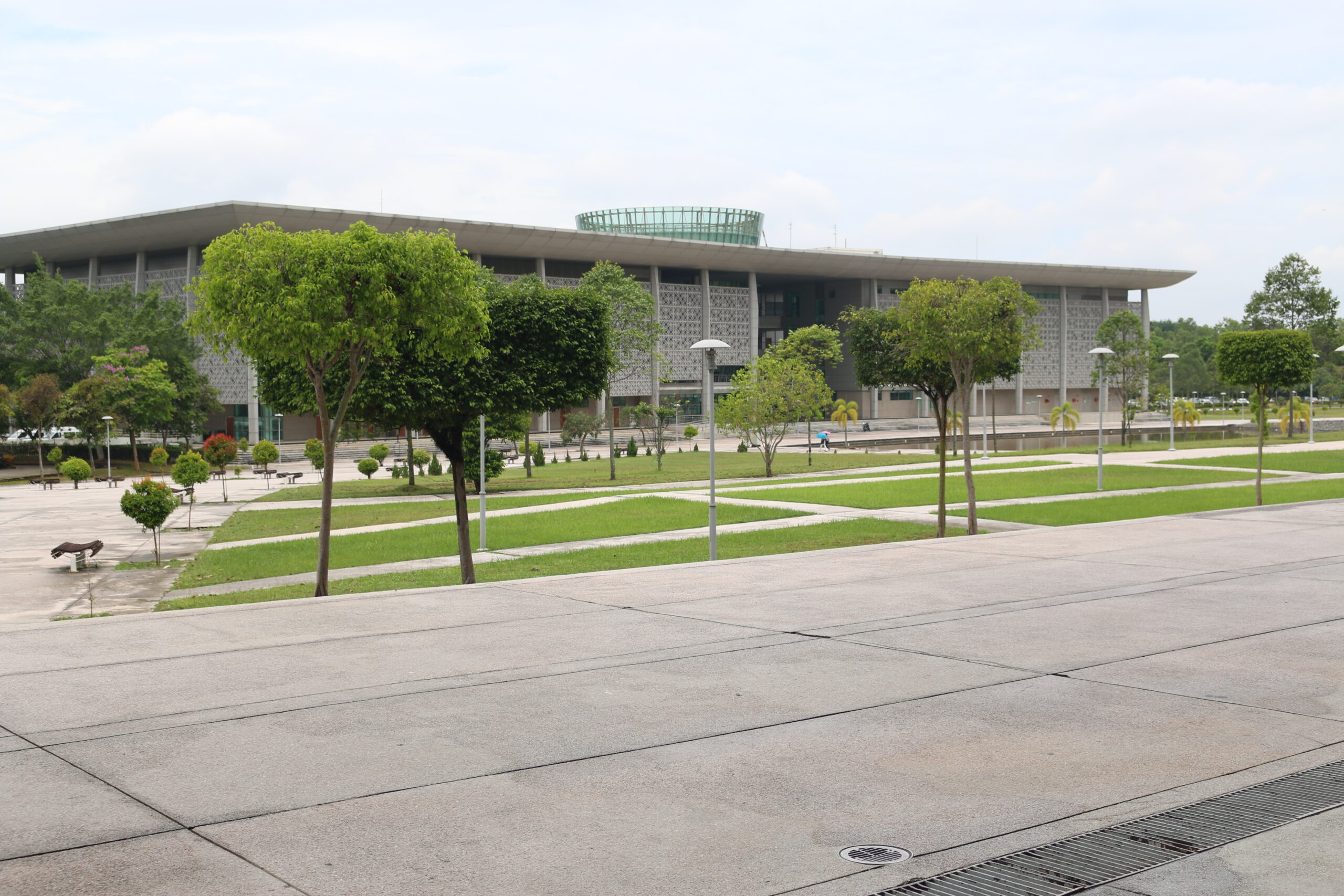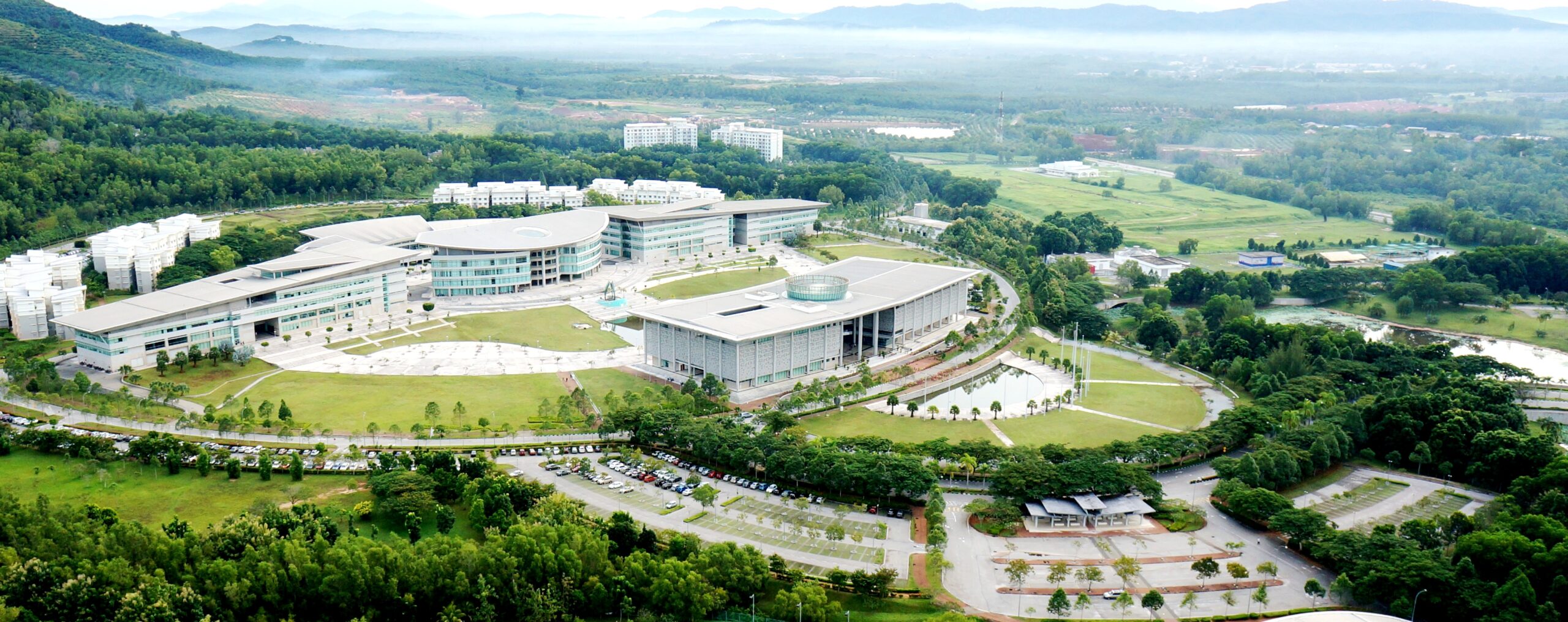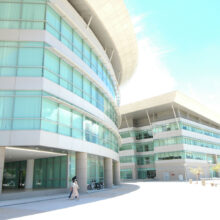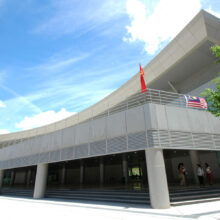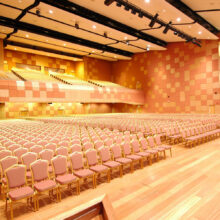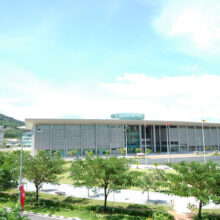AIMST Clinical Skills Centre (CSC)
The AIMST Clinical Skills Centre was established, as an avenue for Medical Students to use Mannequins and Human Simulators, to acquire Supervised Clinical Skills Training and practice procedures necessary for clinical competency.
The Spiral Clinical Skills Training starts from the 1st year of the Medical Curriculum with Basic Life Support (BLS) skills followed by training in Clinical Skills and Procedures of Organ-Based Systems (Cardiovascular, Respiratory, Gastrointestinal, Genitourinary, Endocrine, Reproductive and Central Nervous System) using low fidelity mannequins.
High fidelity METI mannequins, such as iSTAN, ECS (Emergency Care Simulator) and HPS (Human Patient Simulator), are used for training during the 2nd to the 5th year in Acute Emergency and Chronic Scenarios.
- To enhance the competency of students in clinical skills and procedures prior to Ward Clinical postings
- To standardize clinical Skills and procedures comparable with that of practiced internationally
- To encourage students to develop a habit of continuous self-learning
- To motivate students to develop a searching mind-set in order to acquire more knowledge about the skills
- To instill self confidence in the students in performing clinical skills and procedures on real patients
- To enhance the competency of students in clinical skills and procedures prior to Ward Clinical postings
- To standardize clinical Skills and procedures comparable with that of practiced internationally
- To encourage students to develop a habit of continuous self-learning
- To motivate students to develop a searching mind-set in order to acquire more knowledge about the skills
- To instill self confidence in the students in performing clinical skills and procedures on real patients
STAFF
CSC TEACHING PROGRAMME
Galleries

Upon enrolment at the University, you automatically become a library member. The AIMST library is designed to be a state-of-the-art Learning Centre, complete with high-speed Internet access, network points for laptops and specialist services for users.
Hostel accommodation is provided for all students, whether local, out-of-town or overseas students. These residences are shared by groups of four to eight students and are within walking distance of the Student Centre which contains shops, a cafeteria and banks.
The University's accommodation package includes three meals a day at the cafeteria and laundry services.
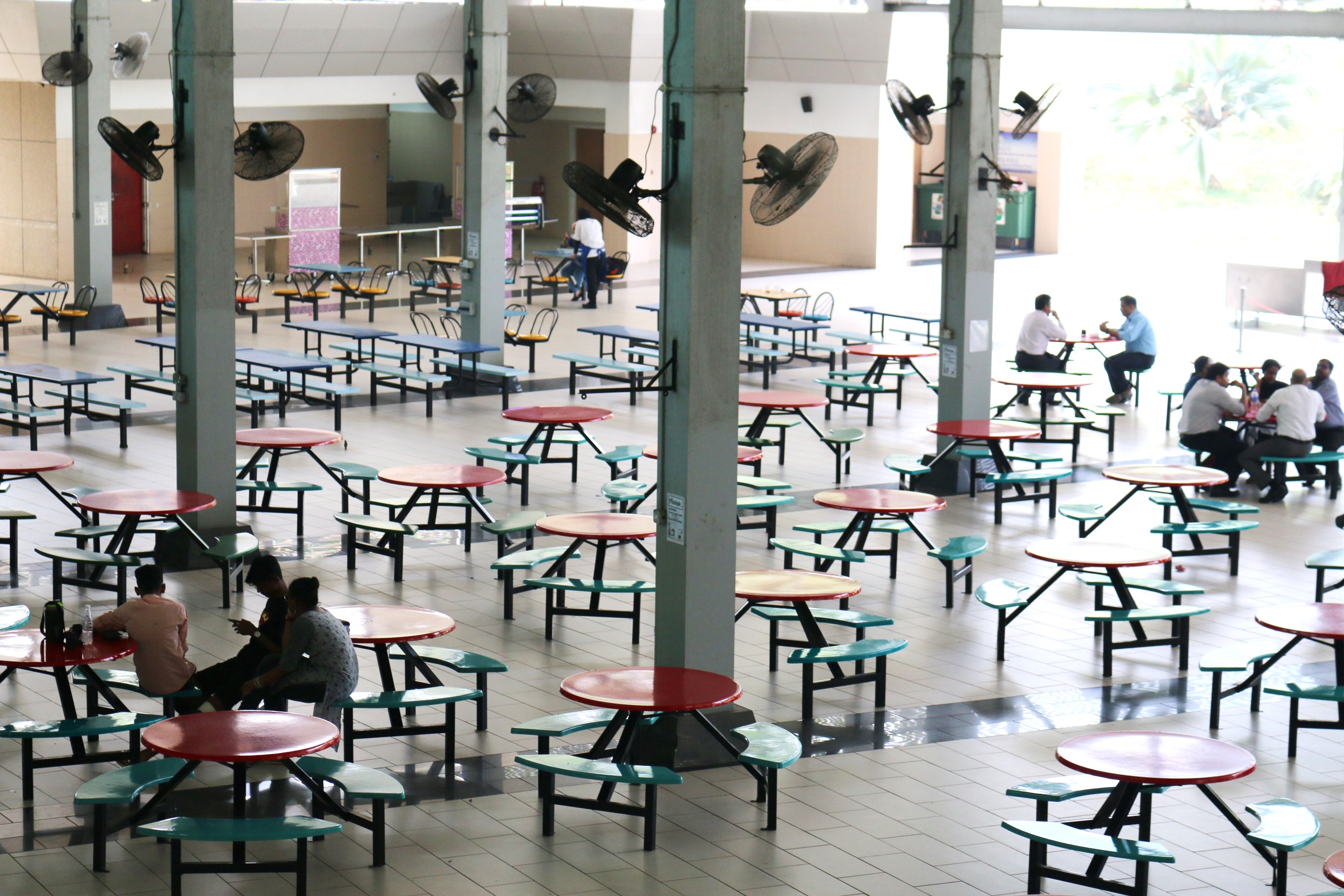
The AIMST cafeteria caters to the University's staff and students, serving a variety of tasty vegetarian and non-vegetarian food, with a diverse menu selection that includes local and western cuisine.
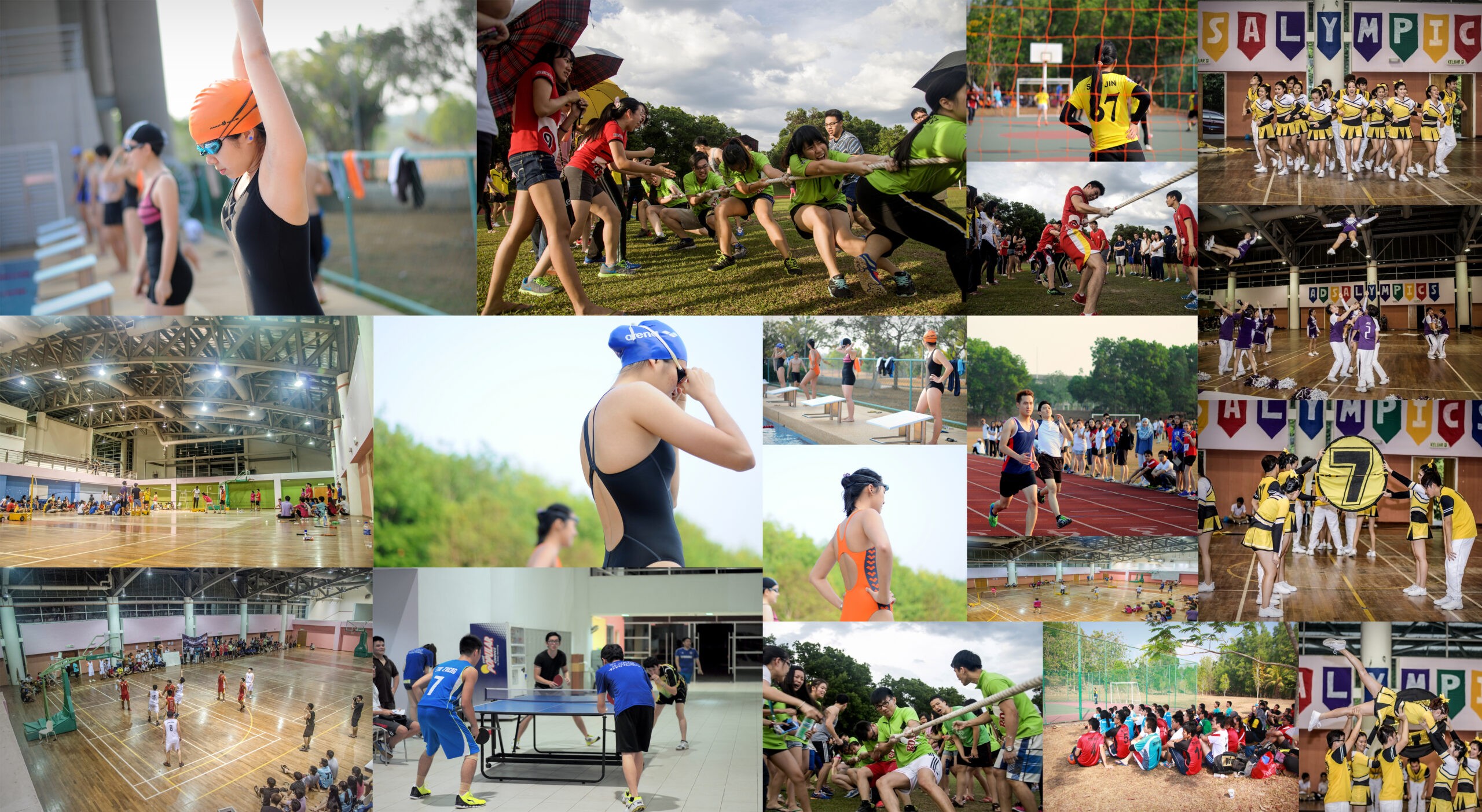
At AIMST University, we place the utmost importance on students’ participation in extracurricular activities.
Sports & recreational facilities available on campus include:
- Basketball/netball court
- Five-a-side football field
- Gymnasium
- Aerobics/yoga room
- 400-metre track
- Tennis/squash room
- Olympic-sized swimming pool
- Futsal court
The University also encompasses a purpose-built Students’ Activities Room and a cosy Students’ Study Area. There are also additional rooms allocated to cater to students’ recreational pursuits and to enjoy undisturbed study time.
Sports Complex Facilities
Office Opening hours:
| Weekdays | 1:00 PM – 9:00 PM |
| Saturdays | 12:00 PM – 9:00 PM |
| Sundays | 2:00 PM – 8:00 PM |
- Basketball / netball court
- Five-a-side football field
- Gymnasium
- Aerobics / yoga room
- 400-metre track
- Tennis / squash room
- Olympic-sized swimming pool
- Futsal court
Opening Hours :
| Gymnasium | Weekdays Saturdays Sundays |
3:00 PM – 9:00 PM 12:00 PM – 8:00 PM 2:00 PM – 7:00 PM |
| Swimming Pool | Weekdays | 5:00 PM – 7:00 PM |
| Badminton Court | Weekdays Saturdays Sundays |
3:00 PM – 9:00 PM 12:00 PM – 8:00 PM 2:00 PM – 7:00 PM |
| Squash | Weekdays Saturdays Sundays |
3:00 PM – 9:00 PM 12:00 PM – 8:00 PM 2:00 PM – 7:00 PM |
| Track and Outdoor Courts | Weekdays Saturdays Sundays |
3:00 PM – 8:00 PM 12:00 PM – 8:00 PM 2:00 PM – 7:00 PM |
Students need to be healthy in mind and in body to handle the challenges of the academic programme they have enrolled in. They have to adapt to a whole new environment away from home. Academic pressure, change of food and lifestyle can affect the health of students.
The University Health Clinic was officially opened on 12 May 2003 with student health needs in mind. The clinic is manned by our own University doctors who provide medical attention to students, provide medicines or refer them to hospitals for special attention or admission when necessary.
University staff also use the services of the clinic.

The convenience store on campus is the one stop shop for all essentials while you're at Aimst University and it's open every day of the week, all year round for your convenience.
If you're looking for something to eat, you will find a wide range of groceries including chilled and frozen foods, sandwiches and drinks.
We also stock toiletries, stationery and greetings cards, so whether you're visiting us for a last minute shop or to pick up all you need for the week, the store is for you.

